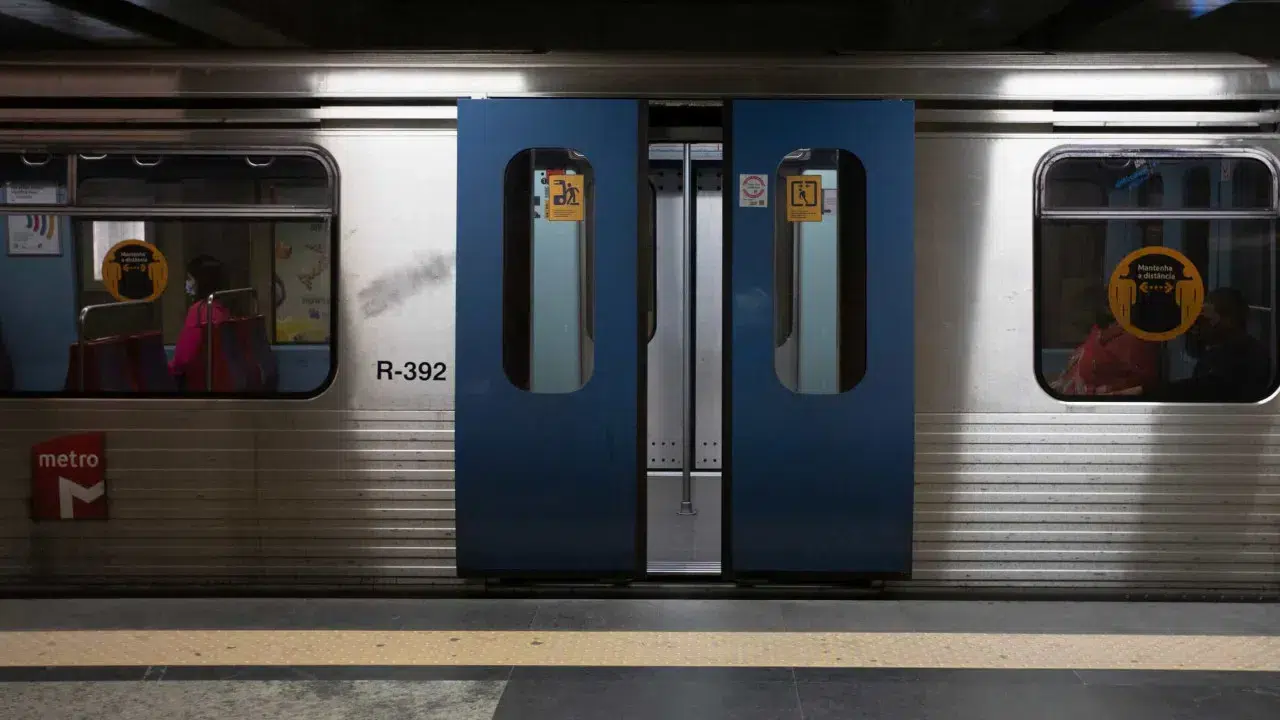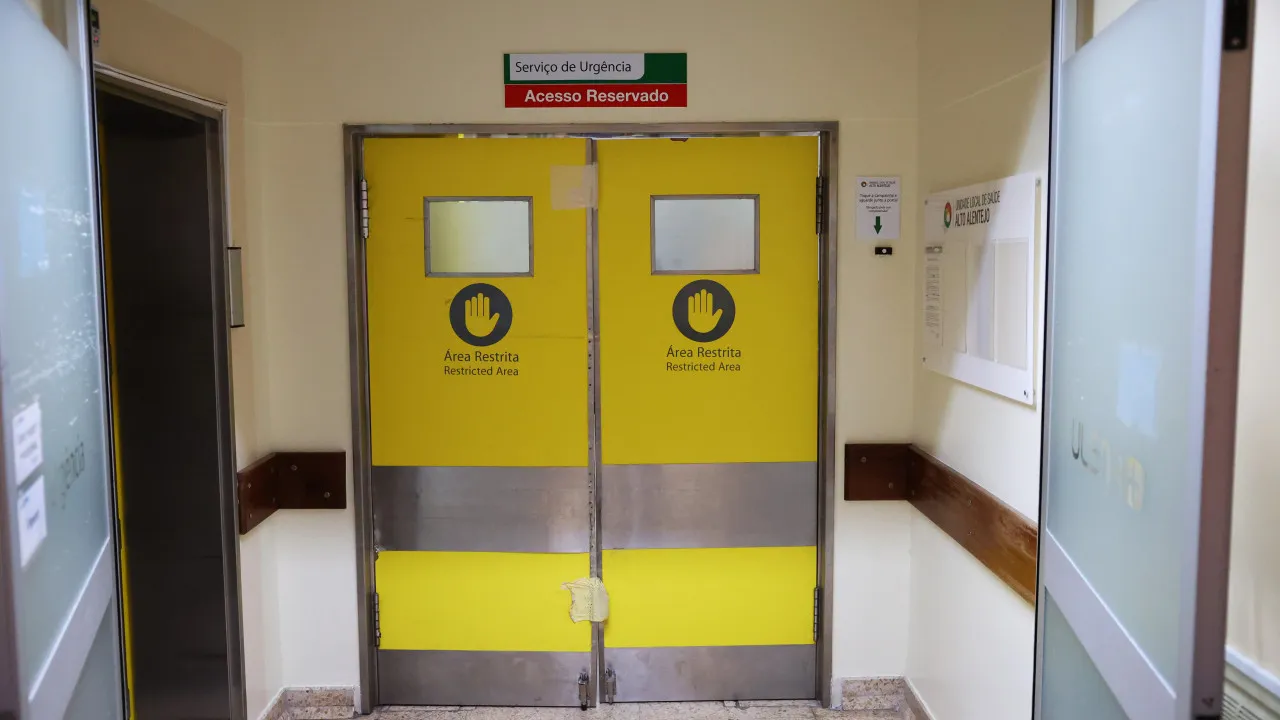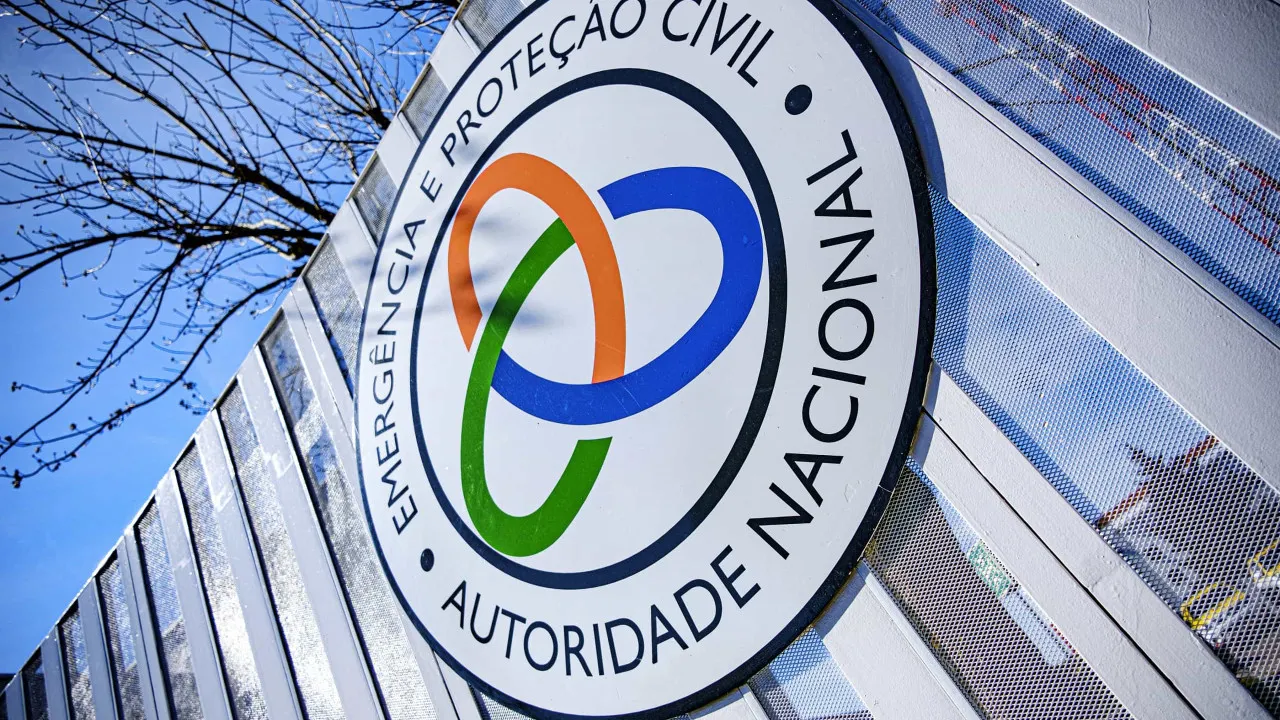
“I wouldn’t call it a lazy solution because if it was, it would be a very expensive lazy one. But it is a solution with limited effectiveness, and we need to be aware of that,” stated Cecília Silva in an interview regarding the municipal elections on October 12, when asked if free public transport is a ‘lazy’ incentive to encourage public transport use.
The university professor and researcher at the Research Centre for Territory, Transport, and Environment (CITTA) of the Faculty of Engineering of the University of Porto (FEUP) and the Faculty of Science and Technology of the University of Coimbra (FCTUC) spoke at a time when both municipal campaigns propose the measure, and it has already been implemented in some regions of the country.
Cecília Silva noted that free transport “has already been tested in multiple different contexts and can affect the number of bus users but not necessarily the modal split, which is different.”
“It can increase the number of people using public transport, but they don’t necessarily switch from another mode. These are users who start using that system when they weren’t using any previously,” she explained, observing an induced demand phenomenon that “does not address an existing demand on the ground,” such as car users.
According to Cecília Silva, such measures often attract individuals making leisure trips or who have no real reason for the journey but decide to take a stroll, therefore not contributing to sustainable mobility balance despite recognizing that free transport “also plays a role,” for example, in combating exclusion.
“This role is limited, and after a point, it cannot solve the remaining problems and presents a potentially harmful issue: when we reduce the cost of public transport or make it free, we directly increase the cost to taxpayers, affecting the entire country,” she warns.
This scenario could “lead to a reduction in the quality of service provided,” as a directive might, to cut costs without removing free services, choose to “reduce the service offer,” which would be “counterproductive.”
The researcher also addressed the implementation of various bus networks nationwide under the Public Passenger Transport Service Legal Regime (RJSPTP), which has already led to the creation of networks like Carris Metropolitana in the Lisbon Metropolitan Area (AML), Unir in the Porto Metropolitan Area (AMP), and others in Intermunicipal Communities (CIM).
For Cecília Silva, it is “a process that will take some time and necessarily needs several phases,” transitioning from “complete disorganization of the public transport system” to a more “organized situation” and eventually “a more strategic mindset.”
In dealing with issues in implementing some new networks, Cecília Silva is not surprised that “some phases are confusing, also because there is a lack of technical knowledge,” yet believes that a positive direction is being followed towards rationalizing public transport, allowing it to be thought of strategically rather than operationally, as before when multiple operators each focused on maximizing service revenue.
In areas offering flexible or on-demand transport solutions, such as rural, low or very low-density areas where “specific needs exist because [users] are elderly,” the academic suggests “almost individualized solutions, as using larger vehicles or fixed drivers is often financially excessive,” with flexible transport being “part of the solution package” for mobility.
However, the academic warns against “trend dangers” of adopting neighboring municipality solutions or announcing a “revolutionary solution.”
“We must understand that none of these solutions is revolutionary. It’s more important that the solution truly meets the needs of the few people who require it than trying to introduce a highly advanced technological solution, like a phone app, that users struggle to use,” she emphasized.
Cecília Silva also noted differences in the ease of obtaining funding between more humanized solutions and more flashy ones “where a new application is developed, or an electric bus is introduced,” cautioning that “sometimes solutions do not involve technology.”




